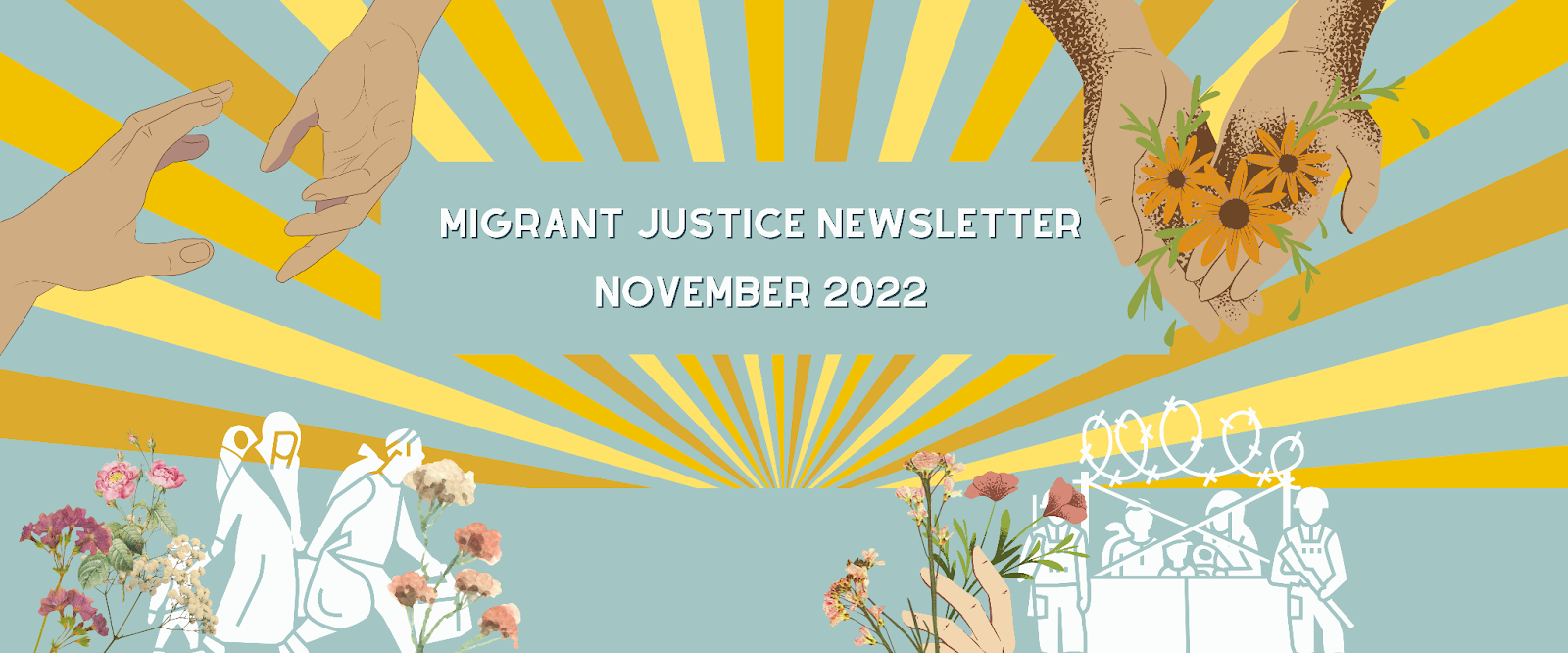For years Colombia has seen a bloody civil war between left-wing guerillas on one hand, and the Colombian state on the other hand. The conflict has cost thousands of lives, and even more displacements and destruction.
In 1985, after a ceasefire and lengthy negotiations between the FARC guerillas and the Colombian government, the door was opened for a non militant, legal left-wing party, the Patriotic Union (UP). But since its creation the UP was in the cross hairs of opposing right wing actors. To counter the rise of the left, an alliance between politicians, paramilitaries, businessmen and public forces was created and with it a wave of violence and oppression towards the UP rolled over the country. Between 1984, the starting year of the negotiations, until today, at least 6,000 UP members have been victims of systematic violence. This includes:
- 3,170 executions
- 1,596 forced replacements
- 521 forced disappearances
- 285 attacks or attempted homicides
These are only the official numbers; it is likely that the actual number of victims is much higher. Over the years, a culture of impunity for violence against UP members and other left-wing activists was established. This led to a justice system in which the bulk of violence against those individuals stays uninvestigated. Now, after 39 years of oppression, violence and a culture of impunity, the Inter-American Court has condemned Colombia for the extermination of the UP party. In its verdict the court concluded that Colombia violates the political rights of the UP party and criticizes the fact that most cases of violence against UP and leftists are never or very ineffectively investigated.
Finally, the court ordered that the Colombian state has to:
- pay reparations to victims
- initiate or continue investigations to determine criminal responsibilities, "within a responsible time"
- search for victims of forced disappearances, as well as establish a commission to verify the identities and relationships of the victims
- carry out a public act of recognition of responsibility
- establish a national day of remembrance
- build a monument in honor of the victims
Whether all these demands will be fulfilled is still unclear. In a statement, President Gustavo Petro has claimed that the government of Colombia will assure justice "against impunity."
Update, Gustavo Pero announced a payment of reperations. More on that and the crimes against UP members here: https://www.theguardian.com/world/2023/feb/01/colombia-reparations-syste...



